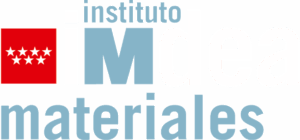Seminario del Dr. Wenqing Yan del Departamento de Ingeniería Civil, Ambiental y Geomática en ETH Zurich (Suiza) titulado «Developing impactful medical technologies in international contexts» – el 27 de junio de 2024, a las 12:30, en la Sala de Seminarios.
Resumen: By utilizing innovative polymerization techniques involving zero-valent metals and UV light, we have developed radical polymerizations that exhibit low dispersity, high monomer conversion rates, exceptional oxygen tolerance, and minimal catalyst content. These advancements are crucial for streamlining production processes,

